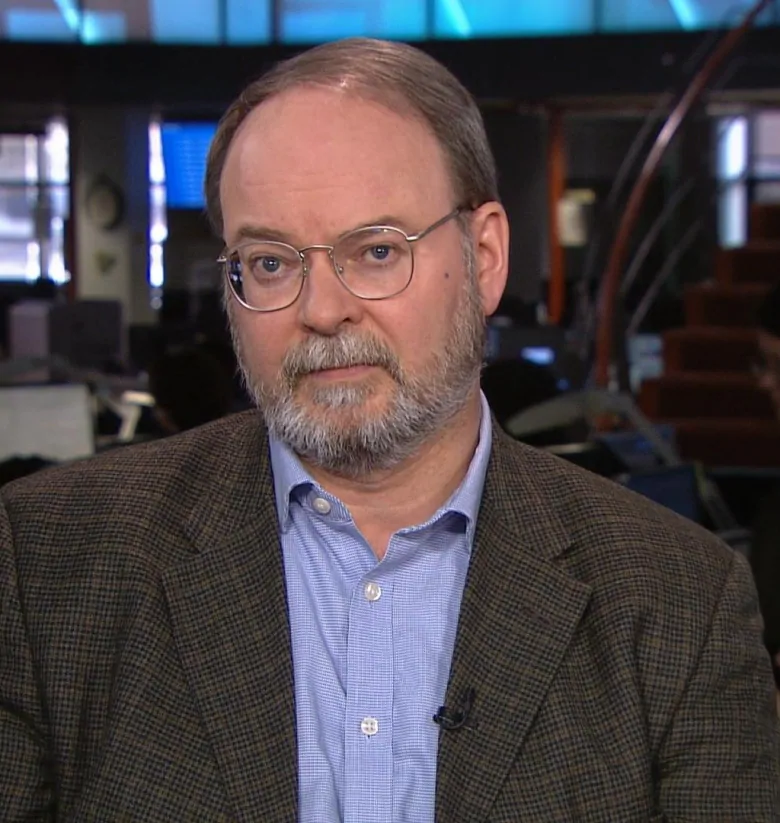The Quebec government wants to bring compost collection to all Quebec municipalities within the next five years, Quebec Environment Minister Benoit Charette announced Friday.
“We’re quite late in our goals, we want to achieve different, new goals in less than five years,” Charette told reporters.
Charette said Quebec will inject $1.2 billion over the next 10 years to help municipalities establish compost collection and compost processing plants. Only about half the municipalities in Quebec currently have curbside compost collection.
The province also wants all industries, businesses, and institutions to start composting by 2025.
This measure is part of the Quebec government’s efforts to reduce greenhouse gas emissions.
When organic waste decomposes in landfills, methane, a potent greenhouse gas, is produced. The environmental impact of this organic waste is equivalent to about 77,000 cars on the road, Charette said.
By 2030, Charette said he is aiming to reduce 270,000 tonnes of carbon dioxide-equivalent greenhouse gases per year.
He is also aiming to have 70 per cent of all organic material recycled or turned into compost by then.
Quebec generates significant quantities of organic waste, which makes up 60 per cent of the 5.8 million tonnes of residual materials eliminated each year.

Karel Ménard, executive director of the Quebec Coalition of Ecological Waste Management says getting compost collection everywhere in Quebec will be a difficult, but important task.
“It takes a long time to change the mentality, and it costs a lot of money as well,” he said on CBC Montreal’s Daybreak.
Ménard, who advised the Quebec government on their composting plan, said it is costly to build processing plants and organize collection.
Another challenge is changing peoples’ behaviour, he said.
“You have to change habits, you have to educate people, to teach them how to do composting, to do collection, that takes time.”
Nonetheless, he says it’s a necessary step because of the sheer amount of food waste that Quebecers create.
“It’s important to divert the organic waste from landfills.”
Suzanne Roy, the president of the Union of Quebec Municipalities said she knows all too well the difficulties involved in taking such steps, but also the great for them.
Putting recyclable materials in the blue bin has become a reflex for Quebecers and they will get used to having the organic compost bin as well, she said.
“We have an obligation to meet these goals,” she said.


